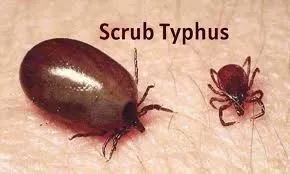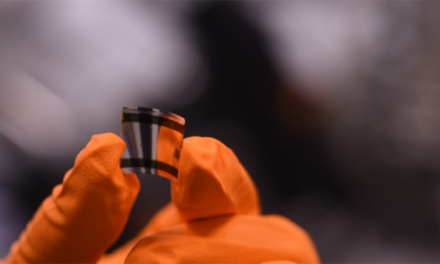Chennai, February 5, 2025 – The Tamil Nadu Health Department has issued an alert to district health officers as cases of scrub typhus continue to rise across the state. Officials have emphasized the importance of awareness and preventive measures to control the spread of the disease.
Several active cases have been reported in districts such as Chennai, Tirunelveli, and Coimbatore in the past few days. While no deaths have been recorded so far, health officials warn that serious complications such as myocardial infarction (heart attack), respiratory illnesses, organ damage, and coma could occur in severe cases.
Scrub typhus is a rickettsial infection that presents as an acute febrile illness and is endemic in several countries, including India, Japan, and Australia. According to the World Health Organization (WHO), over one billion people worldwide are at risk of contracting the disease.
Causes and Symptoms
The incubation period for scrub typhus ranges from 6 to 21 days. The disease is transmitted by chigger mites, which are the larval stage of mites that thrive in areas with dense vegetation, such as farmlands, gardens, and forests. Infection occurs when these mites bite humans while feeding on their skin.
Symptoms typically appear seven to ten days after the bite and may include:
- High fever
- Severe headache
- Rash
- Muscle pain
- Low platelet count
If left untreated, scrub typhus can lead to organ failure, acute respiratory distress syndrome (ARDS), and even death. S. Chandrashekhar, Head of the General Medicine Department at Stanley Government Medical College Hospital, stated that mite bites are not painful, so most people fail to notice them immediately. The infection can progress to severe complications such as myocarditis, hepatitis, coagulopathy (blood clotting disorders), muscle damage, and ARDS.
Treatment and Prevention
Doctors administer Doxycycline, Azithromycin, and Rifampicin to infected patients, adjusting the dosage according to age group and severity. If symptoms do not improve within 48-72 hours, or if the patient develops complications affecting the heart, lungs, kidneys, or central nervous system, they are referred to a tertiary care center for advanced treatment.
Health experts recommend wearing protective clothing, including long-sleeved shirts, full-length pants, and closed shoes, especially in areas with heavy grass and bushes. The use of DEET-based repellents on both skin and clothing is also advised to repel mites. People are urged to exercise caution while in farmlands, gardens, and forests, as these are known breeding grounds for scrub typhus disease.
Diagnostic Challenges
According to Rajani, a Vellore-based general medicine practitioner, scrub typhus is deadlier than dengue, leptospirosis, and malaria. However, deaths caused by the disease are often linked to secondary conditions such as organ failure or myocardial infarction, similar to how dengue-related deaths are attributed to sepsis. A major challenge in diagnosis is the lack of a government-approved testing system for scrub typhus in Tamil Nadu. Instead, doctors rely on clinical symptoms for diagnosis, leading to many cases being misdiagnosed as regular fever.
Call for Early Detection
While no fatalities have been reported in Tamil Nadu so far, the high fatality rate in undiagnosed cases remains a cause for concern. Experts stress that early detection and prompt treatment are crucial in preventing severe complications.
Disclaimer: This article is for informational purposes only and does not constitute medical advice. Individuals experiencing symptoms should consult a healthcare professional for proper diagnosis and treatment.












